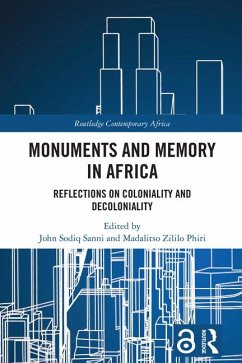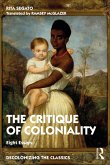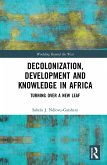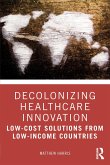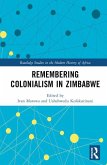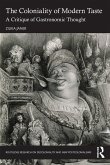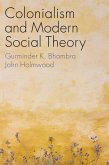This book investigates how monuments have been used in Africa as tools of oppression and dominance, from the colonial period up to the present day.
The book asks what the decolonisation of historical monuments and geographies might entail and how this could contribute to the creation of a post-imperial world. In recent times, African movements to overthrow the symbols and monuments of the colonial era have gathered pace as a means of renaming, reclassifying, and reimagining colonial identities and spaces. Movements such as #RhodesMustFall in South Africa have sprung up around the world, connected by a history of Black life struggles, erasures, oppression, suppression, and the depression of Black biopolitics. This book provides an important multidisciplinary intervention in the discourse on monuments and memories, asking what they are, what they have been used to represent, and ultimately what they can reveal about past and present forms of pain and oppression.
Drawing on insights from philosophy, historical sociology, politics, museum, and literary studies, this book will be of interest to a range of scholars with an interest in the decolonisation of global African history.
The book asks what the decolonisation of historical monuments and geographies might entail and how this could contribute to the creation of a post-imperial world. In recent times, African movements to overthrow the symbols and monuments of the colonial era have gathered pace as a means of renaming, reclassifying, and reimagining colonial identities and spaces. Movements such as #RhodesMustFall in South Africa have sprung up around the world, connected by a history of Black life struggles, erasures, oppression, suppression, and the depression of Black biopolitics. This book provides an important multidisciplinary intervention in the discourse on monuments and memories, asking what they are, what they have been used to represent, and ultimately what they can reveal about past and present forms of pain and oppression.
Drawing on insights from philosophy, historical sociology, politics, museum, and literary studies, this book will be of interest to a range of scholars with an interest in the decolonisation of global African history.

